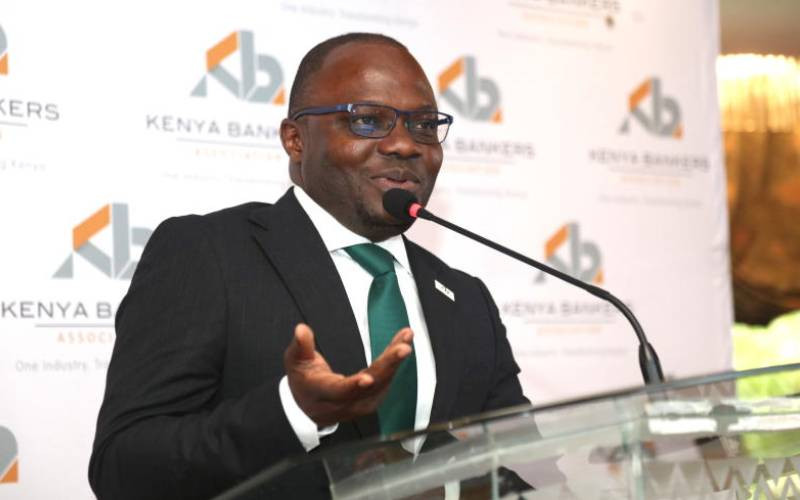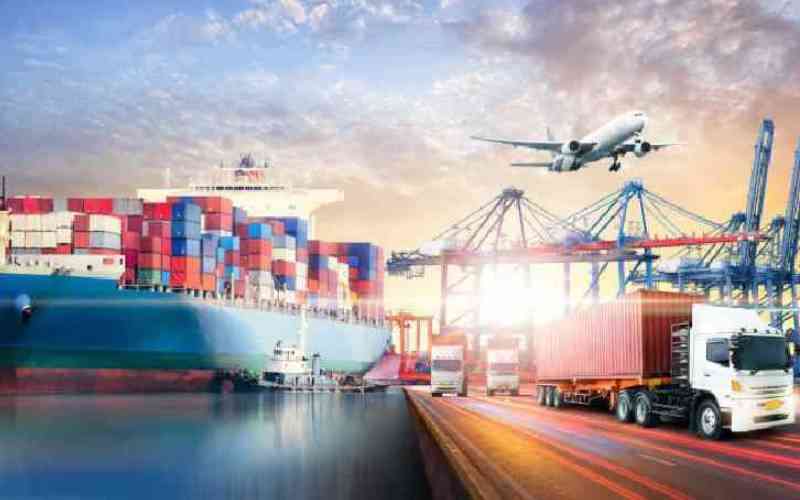×
The Standard e-Paper
Kenya’s Boldest Voice

Developed nations failed to remit Sh200 trillion they had promised developing countries in the last decade.
A new report by the United Nations Conference on Trade and Development (Unctad) noted that the failure had impacted heavily on the development agenda of vulnerable states.







